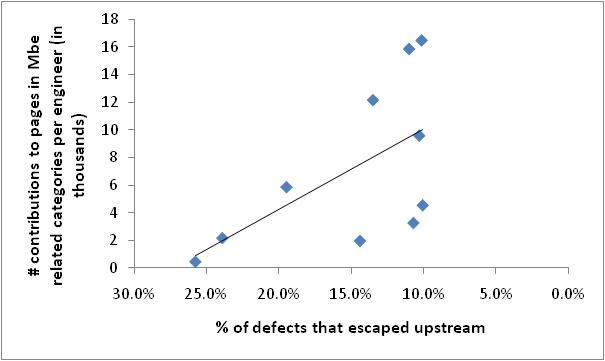In the product development space, the term “knowledge management” may be unfamiliar. But the concept certainly isn’t: knowledge management (KM) means giving workers easy access to the information or people they need to do their jobs faster and better. By providing product development workers with KM tools, organizations can streamline product development.
APQC’s recent report Improving the Flow of Knowledge in Product Development looks at how best-practice organizations use KM principles to benefit their product development processes. Best-practice organization Rockwell Collins, a manufacturer of avionics electronic systems, uses multiple KM tools, including communities of practice (groups in which employees can share experiences and knowledge), a Wikipedia-like database of knowledge related to product development, and tools for locating internal expertise.
However, it is only natural for an organization to want to see how KM activities are directly benefitting the business. For this reason, Rockwell Collins has started tracking the correlation between adopting KM initiatives and improved performance. The organization plots correlations such as the one below, which illustrates the impact of adopting a particular knowledge management strategy on the percentage of defects that go undetected during the product development process.

By tracking the benefits of KM to product development, the company makes a data-driven case for continuing its KM program and gives employees a reason to participate in KM activities.
To read more about Rockwell Collins’ knowledge management practices as well as those of best-practice organizations EcoPetrol, IBM, Intel, and The Toro Company, check out APQC’s report Improving the Flow of Knowledge in Product Development.